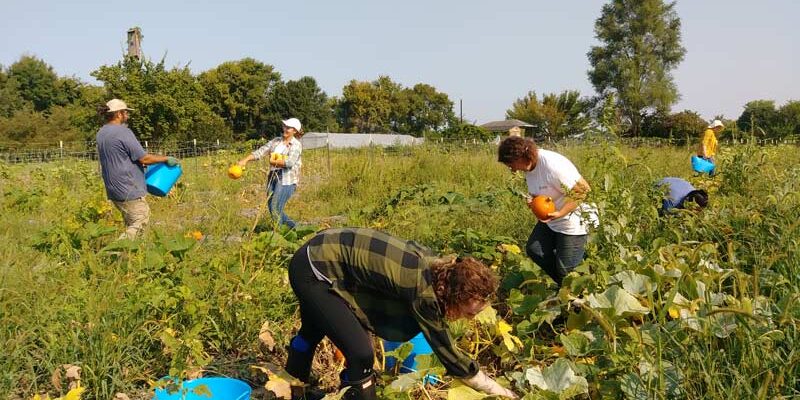Everything is connected – Our Air
Note: We want to share these blogs which have been adapted from “Our Common Home,” a joint initiative of the Dicastery for Promoting Integral Human Development along with the Stockholm Environment Institute (SEI). This is the fourth in a series of eight blogs.
Laudato Si’: On Care for Our Common Home
Our Common Home/SEI: A joint initiative of the Dicastery for Promoting Integral Human Development and the Stockholm Environment Institute (SEI) has produced an excellent guide for caring for our living planet. This guide aims to inform, inspire hope and stimulate debate and action as it sets out essential facts and solutions on key topics, along with advice on how communities can respond.
It is inspired by Pope Francis’ second encyclical, Laudato Si’: On Care for Our Common Home, which explore our ecological crisis and its roots in over-consumption and current models of economic development.
Using this guide as a resource, the Climate Change Task Force/Laudato Si’ Action Platform Team presents a series of blogs that cites what needs to change and practical examples of how to take action that is SMART. This fourth of the series focuses on our air.
Our Air (Adapted from Our Common Home/SEI)
“Our very bodies are made up of (Earth’s) elements, we breathe her air and we receive life and refreshment from her waters.” (Laudato Si’ 2)
Clean air is everyone’s birthright. Yet globally, nine out of 10 people breathe air that contains high levels of pollutants.

At the same time, air pollution contributes to global warming and harms the natural world. And its worst effects are suffered by the poor, especially in cities.
Many of the actions we can take to cut air pollution would not only improve health, but also bring benefits for our climate, biodiversity and quality of life.
Outdoor air pollution kills more than 4 million people each year
The main types of outdoor air pollution are smog and soot. These are released from burning fossil fuels in motor vehicles and in industry, and to generate power. In fast-growing cities, open burning of waste is often a major problem.
Breathing the particles released by these activities is a health risk for all, causing heart disease, stroke and lung cancer.
But people in low- and middle-income regions are especially exposed. Some air pollutants are also major contributors to global warming.
Air pollution in the home is also a leading cause of disease – especially among the poor
At least 3 million people die every year from indoor air pollution – mainly from smoke from charcoal, wood and dung used for cooking.
When people burn these fuels for cooking or to heat their homes, dangerous pollutants are released, such as small particles and carbon monoxide, which damage the health of all members of a household, especially women and children who are often at home the most.
Respiratory illnesses, cancer and eye problems are among the most common illnesses caused by indoor air pollution.

What needs to change?
Technologies are available to reduce emissions from industry, and we need to change our systems for transport, energy and waste management.
In cities, better public transport and walking and cycling networks, as well as switching to electric engines, all cut air pollution from vehicles. Shifts away from fossil fuels to solar, wind and water power are crucial.
Open burning of waste can be avoided by reducing, separating and recycling it. People need access to affordable and clean cook stoves and renewable sources of energy to provide heat and light in their homes.



9 out of 10 people breathe air that contains pollutants! I feel overwhelmed and wonder what more I can do.